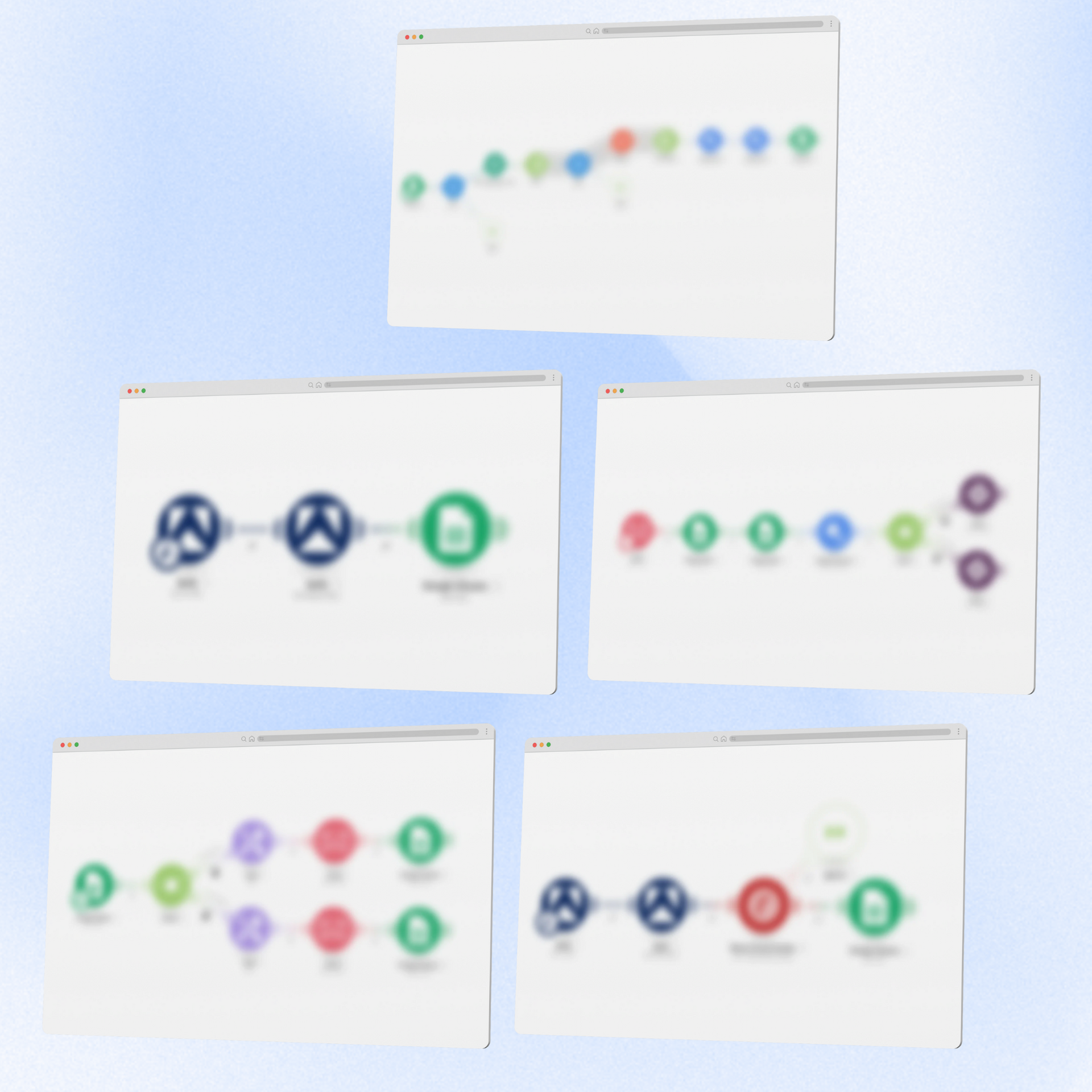Find out why 1M+ professionals read Superhuman AI daily.
In 2 years you will be working for AI
Or an AI will be working for you
Here's how you can future-proof yourself:
Join the Superhuman AI newsletter – read by 1M+ people at top companies
Master AI tools, tutorials, and news in just 3 minutes a day
Become 10X more productive using AI
Join 1,000,000+ pros at companies like Google, Meta, and Amazon that are using AI to get ahead.

Good morning! Today is Monday, April 28, 2025.
We have some exciting AI news today: Huawei has introduced its most advanced AI chip yet, the Ascend 910D, aiming to compete directly with Nvidia's high-end processors. Meanwhile, Chinese AI firm DeepSeek is making waves with its next-gen R2 model, claiming to reduce training costs by 97% compared to GPT-4.

1. Huawei Targets Nvidia’s Throne with New AI Chip, Ascend 910D
Huawei is preparing to launch its next-generation AI processor, the Ascend 910D, aiming to outperform Nvidia’s industry-leading H100 chip. First samples could roll out as early as May, according to The Wall Street Journal. As U.S. export controls tighten, Huawei’s older Ascend chips are already seeing surging demand in China, and tech companies like DeepSeek are rumored to be building ultra-cheap AI models using Huawei’s tech. China's push for "self-reliance and self-strengthening" in AI innovation is clearly accelerating.

2. DeepSeek’s New R2 AI Model Rumored to Crush Costs — 97% Cheaper Than GPT-4
DeepSeek is making waves with its next-gen R2 AI model, rumored to be 97% cheaper to train than OpenAI’s GPT-4 and fully powered by Huawei’s Ascend 910B chips. With a massive 1.2 trillion parameters and a cutting-edge hybrid Mixture of Experts (MoE) architecture, R2 promises enterprise-grade AI performance at a fraction of today’s costs. If the rumors hold true, DeepSeek could soon offer the most cost-efficient AI model on the market — a major game-changer for businesses worldwide.

3. Professors Staffed a Fake Company With AI Agents — and It Was a Total Disaster
Researchers at Carnegie Mellon University built a fake software company run entirely by AI agents from Google, OpenAI, Anthropic, and Meta — and the results were hilariously bad. Even the best-performing AI could only complete 24% of its tasks, while others barely managed 1%, struggling with basic skills like navigating files and communicating with coworkers. The experiment shows that while AI agents can handle simple jobs, they're nowhere near ready to replace humans for real-world, complex work — so your job is safe (for now).

4. Elon Musk’s xAI Aims to Raise $20B, Setting Up One of the Biggest Funding Rounds Ever
Elon Musk’s xAI Holdings is reportedly seeking $20 billion in new funding, which could push its valuation to over $120 billion, according to Bloomberg. If successful, it would mark the second-largest private startup raise ever, just behind OpenAI’s recent $40 billion round. The funding could help ease X’s heavy debt load and underscores both Musk’s growing influence in AI and his unexpected political clout within President Trump’s White House.

5. Apple Reshapes AI Division to Supercharge Its Push Into Home Robots
Apple is reorganizing its secret robotics team, moving it from the AI division to its hardware group to fast-track the development of intelligent robots and devices. Led by hardware chief John Ternus, the team is working on projects like desktop robots with mechanical arms and mobile home robots similar to Amazon's Astro. This shift signals Apple’s renewed push to blend AI with hardware, aiming to catch up with rivals like Google and OpenAI and open a bold new chapter in smart home technology.

6. Brooklyn Artist Builds a “Coworking Space for AI Chatbots” — Out of Cardboard
In Brooklyn’s Greenpoint neighborhood, artist Nim Ben-Reuven has created Chat Haus — a hilarious, cardboard-filled “luxury coworking space” for AI chatbots. Complete with fake robots tapping away at computers, the art exhibit playfully critiques how AI is reshaping creative industries. Ben-Reuven, who built it as a lighthearted response to losing freelance work to AI tools, uses humor and cardboard’s fragility to highlight the flimsy, fast-food-like appeal of much AI-generated content today. The installation is open through mid-May at 121 Norman Avenue.
How would you rate today's newsletter?
Stay tuned for more updates, and have a fantastic day!
Best,
Zephyr






